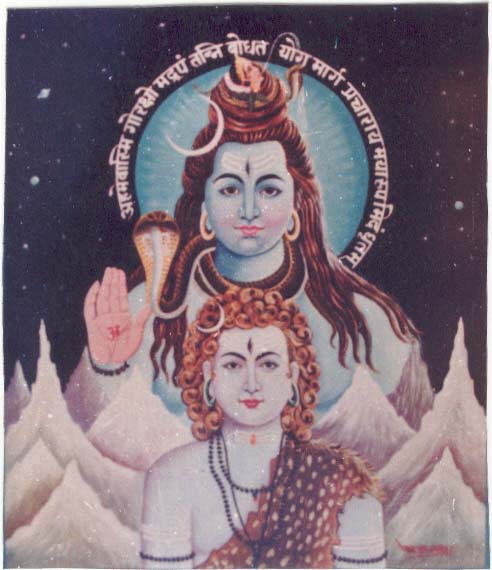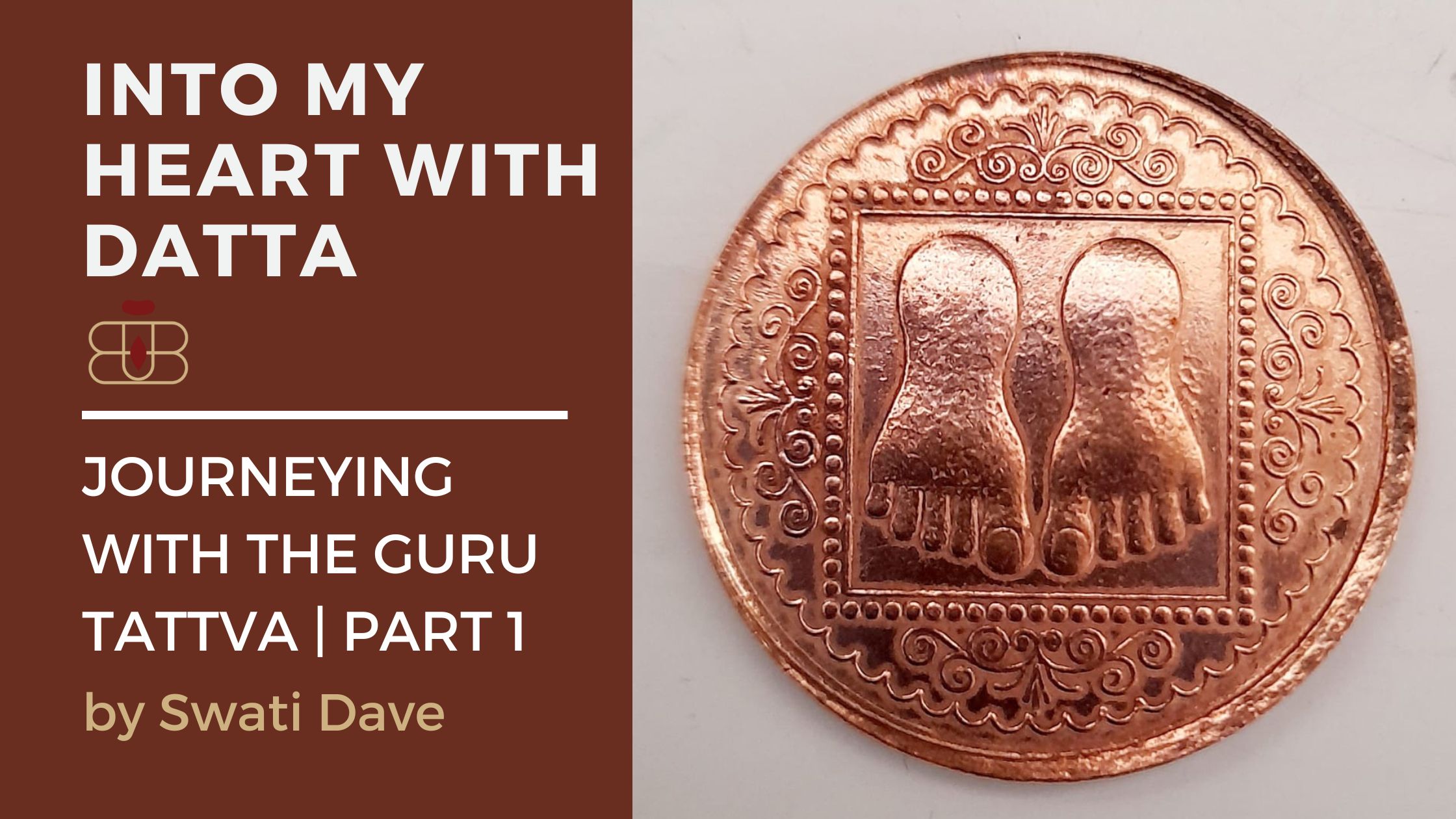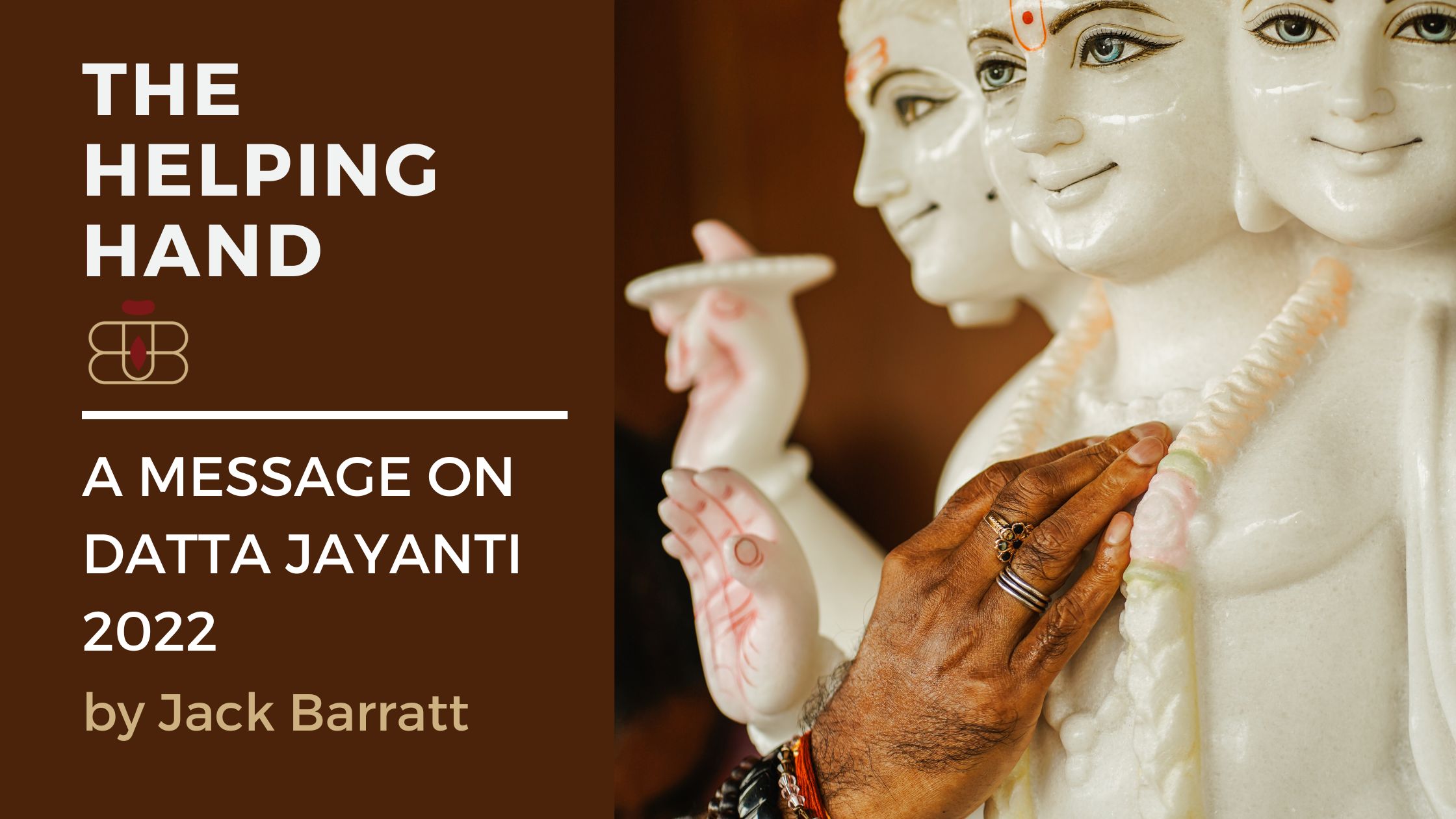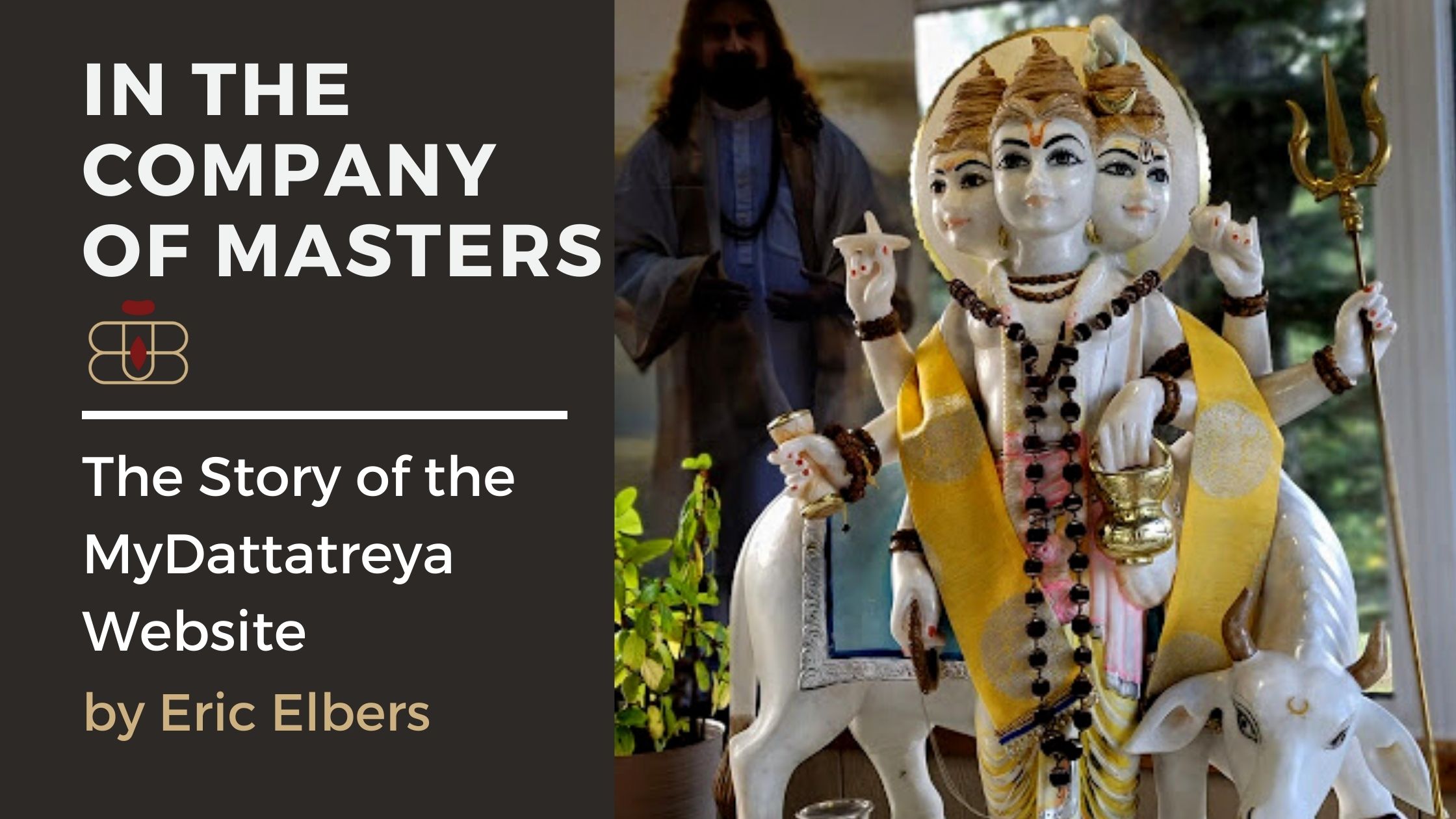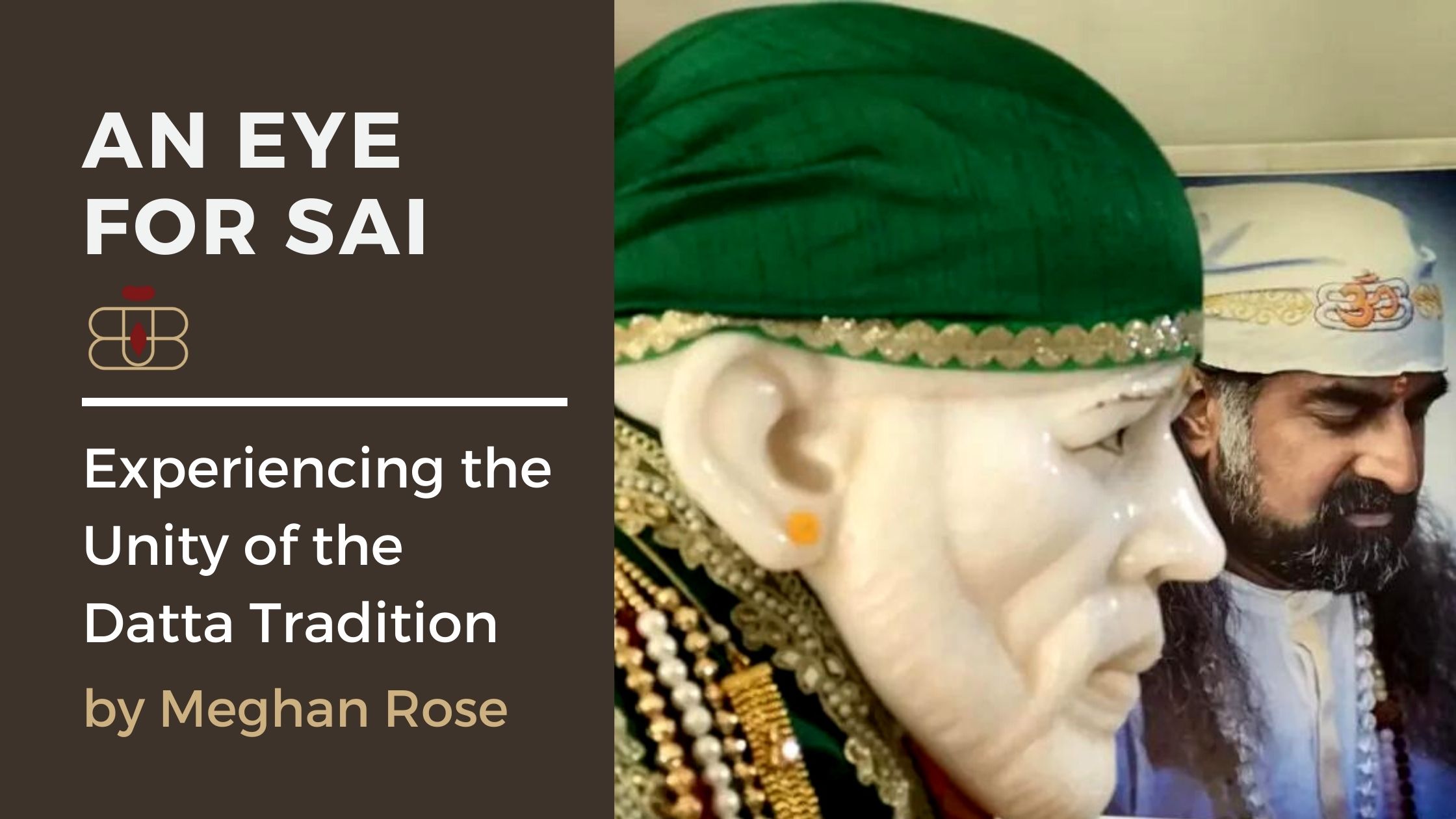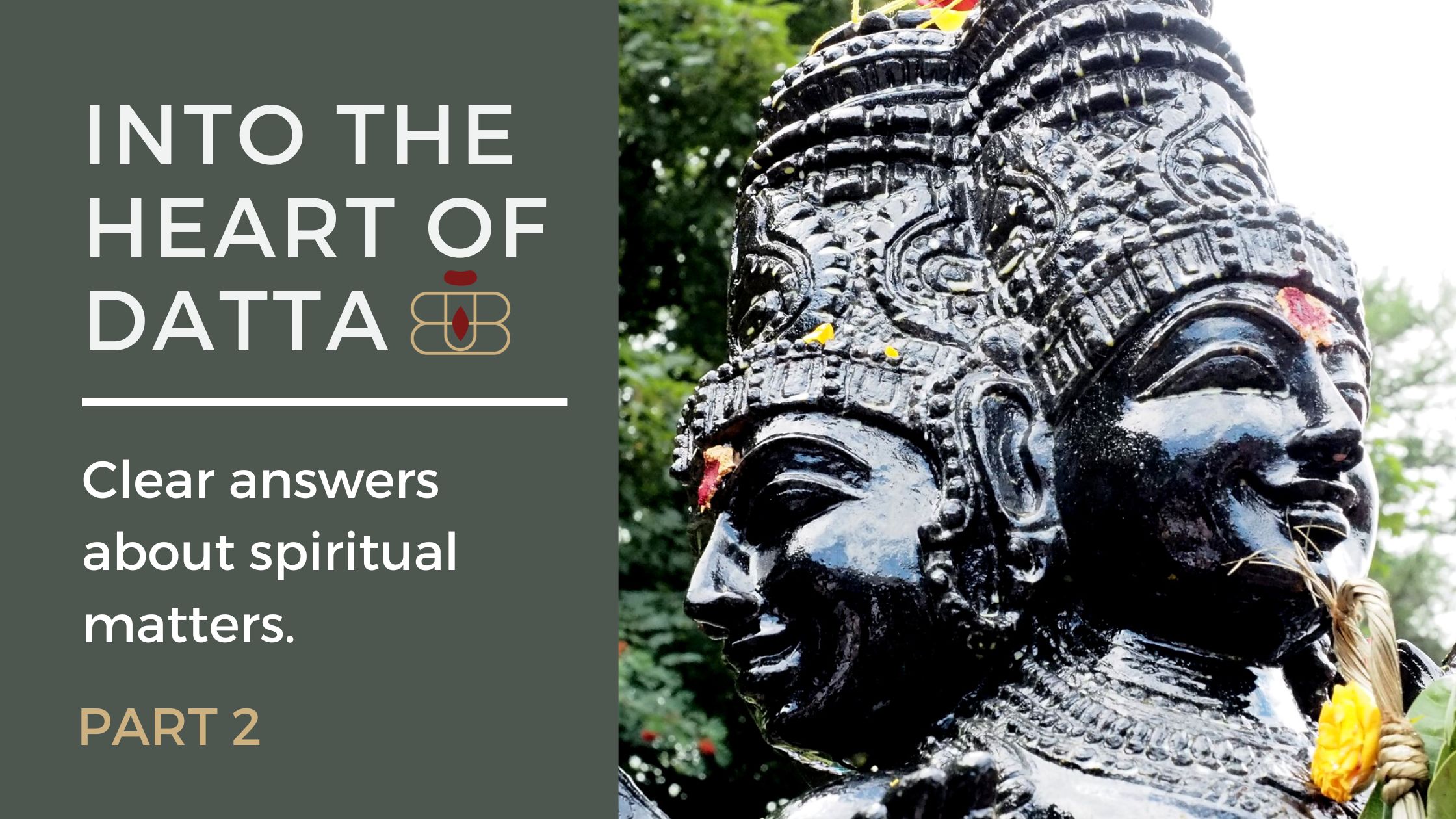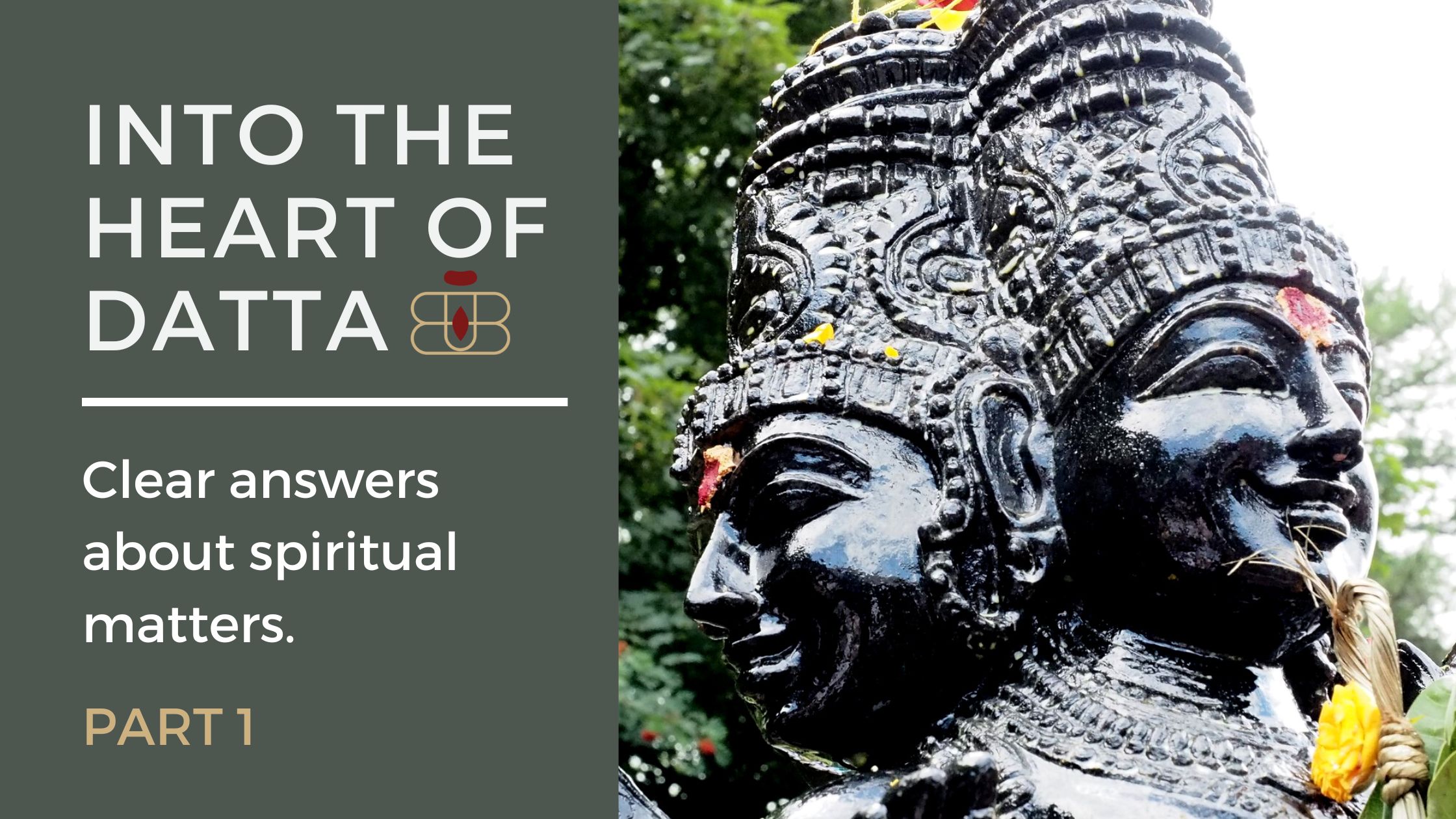Overview and Significance
Devi (Goddess) said:
- ‘I make obeisance to you, O Lord of the world, Adinath (the First One), the One who prevails creation, and who is beyond it!
- O Creator, Maintainer and Destroyer of Universe, Defeater of kleshas (the defects of human nature), O the Greatest of all Gods, O the Ancient Immortal Soul of all, I make obeisance to you again and again.
- The Path of Yoga was established by you, O Lord of Yogis (Yoga Ishvara) who is perfect in all aspects, in whom the bliss of the world is concealed, I worship you!’
When Natha yogis meet, they use the word ‘adesha’ to greet each other. If looked up in a Sanskrit or Hindi dictionary, the word adesha can be translated as order, rule, command, or instruction, but Nathas apply to it a wider meaning. By saluting each other with the word adesha, they remember the ‘Adi Isha’ or ‘Adi Isvara’, and revere His Divine Order or Command, which guides the universe and should guide their lives.
The word adesha is derived from two parts, one is ‘ada’ and the other is ‘isha’. The word ‘ada’ can be interpreted as receiving, or ‘to be bound to,’ and the word ‘isha’ means owner, lord, ruler, chief and also recognised as one of the names of Shiva; it also expresses ability, power or dominion. Nathas believe that the Great God Shiva himself was the founder of their order as Adinath, ‘the First Nath,’ ‘the Primordial Master,’ who is unanimously accepted by Yogis as the Adi Guru (the first guru) and the Supreme Deity of the Nath Sampradaya. He is also known as Yogeshvara (the Lord of Yoga), the ideal of the ascetic per excellence, the Lord of austerity and penance, the Lord of spirits and souls. In a wider sense, Adinath also can be translated as ‘the First Lord’ in his role as the Lord of the whole creation.
Guru Gorakshanath and other great yogis of the Siddha tradition realised the state of Yoga (union) with the Lord in all aspects of their lives, and this is the ideal that all Nath yogis strive for. To realise their oneness with Adinath Shiva is the highest objective of all Naths, and Guru Gorakshanath is considered as the both the creator of the path leading to it and the path itself. He never taught anyone to worship his person but directed all his efforts to help others recognise the same Primordial Lord inside themselves and to realise their Divine Origin. The Nath Panth was created by Guru Gorakshanath as a medium and path to permanently realise this state of union without any chances of setbacks. In the commentary on Hatha Yoga Pradipika called ‘Jyotsna,’ Brahmananda so explained the origin of the Nath sect:
adinathah sarvesham nathanam prathamah tato nathasampradayah pravrtta iti nathasampradayino vadanti |
Adinath is the ‘First of all Nathas,’ by him the Nath Sampradaya was established, and that is why it is called the Adinath Sampradaya.
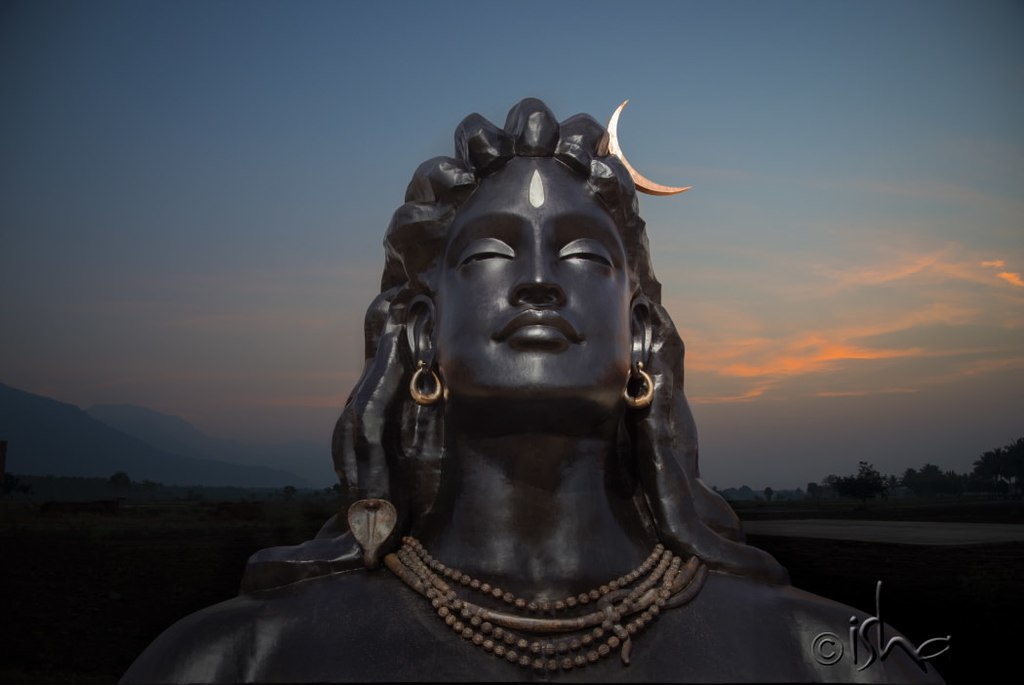
Although by the lineage of transmission of the Nath Order, the name Adinath comes first in the list of the great yogis of the tradition (for he precedes the first two human Nath Masters, Matsyendranath and Jalandharanath), it would not be correct to place him amongst other Mahasiddhas, because he is not of human origin, but the Great God, the One God Creator Himself, Who is before creation. Being before existence, he is beyond all pairs of dualities, which came forth along with it. As such, he is not to be confused even with the Shiva as the part of the Divine Trinity of Hinduism, where Brahma (creation), Vishnu (maintenance), and Rudra (destruction) are the three aspects of the One God, the Lord Almighty, uniting all of them into one. In this aspect, He is known as Dattatreya.
In one of his devotional couplets, Guru Nanak has addressed the First Lord with the word ‘Adesh‘ and described him as ‘Adi‘ (who is first, or beginning), for it is by Him that all was started, and also ‘Anadi’ (who is without beginning) because he existed before any created things came into existence, and finally ‘Anahat‘ (who exists in the form of unstruck sound) because being the creator of all objects of the universe, He existed before any objective reality came into existence in the form of the sound Omkara ॐ (Para Shabda) or the Word of God, the eternal sound.
The Nath Yogis also define Him as ‘Alakh Niranjan‘, where ‘alakh’ is the Hindi form of the Sanskrit word ‘alakshya’ which means beyond of qualities and perception of senses, invisible, unobserved, having no particular marks, and ‘niranjana’ means unpainted, spotless and pure, void of passion or emotion.
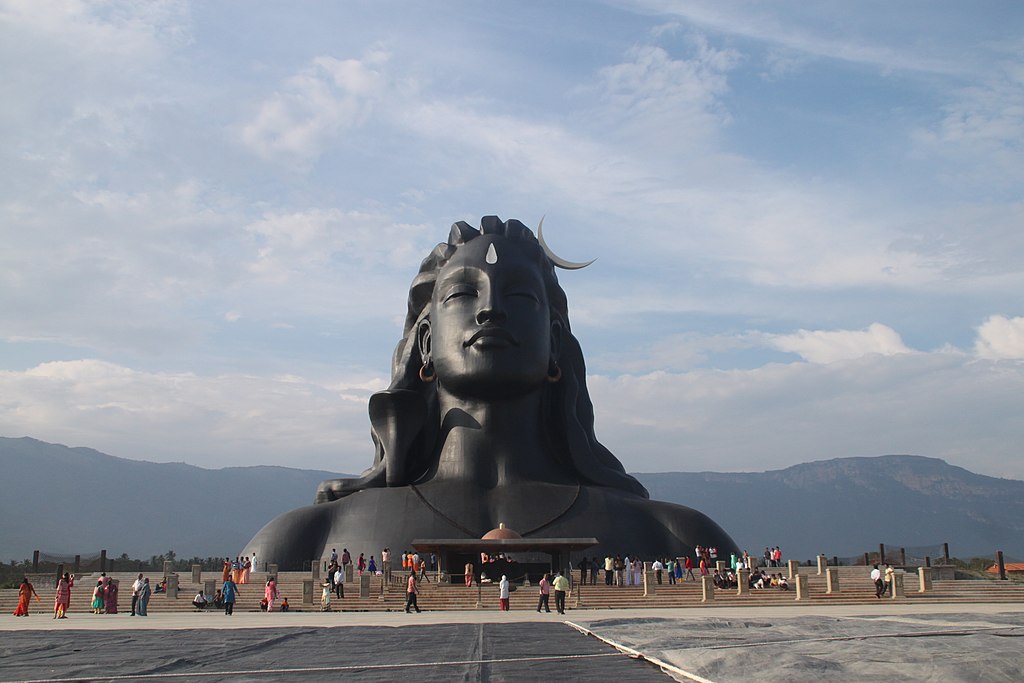
Because Lord Shiva is not limited to the fold of the Nath Yoga Tradition but is also worshiped as one of the Great Gods of Hinduism, there are many stories about Him in the different spiritual scriptures of India. However, some stories are unique to the Natha tradition only, which were circulated mainly as a spoken tradition amongst the Nath Yogis. One of them is the story of Shiva telling his consort Parvati about the Doctrine of Immortality, which Matsyendranath overheard. The story presented below has few variations dissimilar in more minor details from each other.
Amar Katha
Once the Great Goddess Parvati asked her consort, ‘Lord Shiva, O Greatest of Gods, you wear a garland of human skulls around your neck. I pray, tell me the reason why you do so, and to whom did all of the skulls belong before?’
With a smile, the Lord of Yogis answered, ‘All of them belonged to you in your different previous lives, dear one, and I wear them for the sweet memories they bring me about the times we have spent together.‘
Parvati became greatly agitated at learning this and spoke with a trembling voice, ‘You are heartless! Again and again, I, your beloved partner in life, have been dying – and you, because you are immortal, have been shamelessly collecting my skulls and putting them around your neck? Such is your love!’ She was very angry at her Lord.
Shiva, the ever-tranquil Lord of Yogis replied, ‘My dear, it is not my fault that you have to die and take birth again and again – it is because of yourself only. This has been happening because you don’t know the “Amar Katha” (the Doctrine of Immortality). One can become immortal only after knowing about it. Amar Katha is the greatest secret and mystery in this world, and the only way to get immortality.‘
After he finished speaking, Parvati exclaimed, ‘You must immediately give me knowledge of this Amar Katha, so I too can become immortal like you and never die, otherwise…’ she was furious as never before.
On hearing this, Shiva smiled gently and said, ‘This is a wonderful thing! You know, Parvati, each time in your previous lives, you have asked the same question from me. And each time when I was trying to narrate it to you, you were unable to attain its full knowledge, because you were not listening properly. To attain immortality, one has to hear it thoroughly, from beginning till end. And because you were not able to accomplish this task in any of your previous lives, you are having to die and take birth again and again. But if you insist, let us try once more. Please, my dear, listen attentively this time because to become liberated from endless cycles of birth and death, you need to know the complete Doctrine. So let’s retreat to some isolated place first, where no one can hear us because this knowledge is secret.’
They reached the bank of the Milk Ocean (Ksheera Samudra), where they were completely alone, and where the noise of crashing waves was not allowing anyone else to hear them. There they sat comfortably, and Shiva started narrating the Doctrine of Immortality to Parvati.
It happened that sometime before this event, in one Brahmin’s family, a boy was born, and because the position of the stars at the moment of birth was very inauspicious, his father threw him into the ocean. The child didn’t sink down but was swallowed by a big fish, and in the stomach of the fish, he miraculously didn’t die but remained alive. Just before the arrival of Shiva and Parvati, the fish reached the same spot and rested there; being covered with the water, it was invisible to them. So when Shiva and Parvati came there, the small child was present there too in the stomach of the fish, underwater and helpless. But because of this, he could also listen to the entire Amar Katha from beginning till the end, without any disturbance. Shiva didn’t notice his presence until the end, and the child remained quiet and listened attentively.
At first, Parvati was very eager to listen, and she was listening very thoughtfully too, but because the katha or narration was very long, or it was the sound of the ocean waves or maybe Shiva’s voice was so monotonous, she felt drowsy after some time and slowly slipped into a deep sleep. When Shiva had completed narration, he addressed Parvati, ‘So I hope you have understood all properly this time,’ but she didn’t answer. Now, he turned his eyes on Parvati and became greatly astonished to see that she was in a deep sleep. After waking her up, he said, ‘Once more, I have completed the narration of the complete Amar Katha for you, but just like in your previous lives, you have not been able to listen to it completely and fell asleep. Now, what else can I do for you?‘
Parvati felt ashamed and disappointed due to this, and she said with folded hands, ‘O Mahadeva, please narrate it again for me, and this time I will not sleep.’
‘I am sorry,’ answered Shiva, ‘but I cannot do it once more because the law is such that Amar Katha can be told only once in the course of one’s lifetime, so now you have to wait for your next life, and I am very sorry for this.’
Now Parvati was forced to accept that what had happened was her fault, and so she reconciled to it and was pacified.
Suddenly Shiva felt the presence of someone else nearby, though not exactly where. By his yogic powers though, he immediately realised that someone else had listened to the Amar Katha without his permission. He ordered: ‘Whoever you are, present yourself immediately before me!’ At that moment, the fish opened its mouth and the child was thrown out from the water just in front of him. At first, Shiva was annoyed to see this eavesdropper and was about to kill him on the spot with his trident because the boy had committed a big crime by listening to such a secret Amar Katha. The small child stood before him with folded hands.
‘Who are you, and how did you get here?’ Shiva asked. The boy narrated to him his story, how he had been swallowed by the fish and had no choice but to listen to what Shiva was telling his consort. Shiva then understood that the boy was innocent, and all this had happened against his will. He also realised that the boy had now become immortal because he had listened to the complete Amar Katha, and was thus initiated into the mystery of ‘The Doctrine of Immortality.’
At this moment, Devi said, ‘What a nice child! What are you going to do with him?’
For some time, Shiva remained in deep thought. Then he said, ‘I see that what happened today is the sign of fate, so I think now the time has come to give knowledge of yoga to the people. I am Adinath, and he received initiation from me, even if I was not willing to give it to him. Let then his name be Matsyendranath, because he has become my disciple now, and he came from the fish. Before this moment, I kept the knowledge of Yoga secret, but now I think the time has come to reveal it to all. So I will bid him to go into the world and spread everywhere the yoga doctrine he has learned here.‘ Then Shiva inserted earrings (kundals) into the ears of the boy, the same kundals he himself was wearing (he is always described or depicted in scriptures, illustrations, and statues as wearing earrings).
Now the boy was standing in front of Shiva with folded hands, ‘O Nath! I am still just a small, helpless child. The Doctrine, which I learned here, is very difficult to understand and even more difficult to practice, and almost impossible to teach others; how can I accomplish this difficult task alone? Please have mercy on me.’
On hearing him say this, the Great Lord said, ‘Don’t worry, my child, now you are not helpless as before and not alone, for I am always with you; I myself will assist you in establishing the Yoga teaching on the earth. Now, go forth and start the work. Later I will join you and assist you in this task. And furthermore, I will become your disciple for the sake of spreading the knowledge of Yoga.‘
